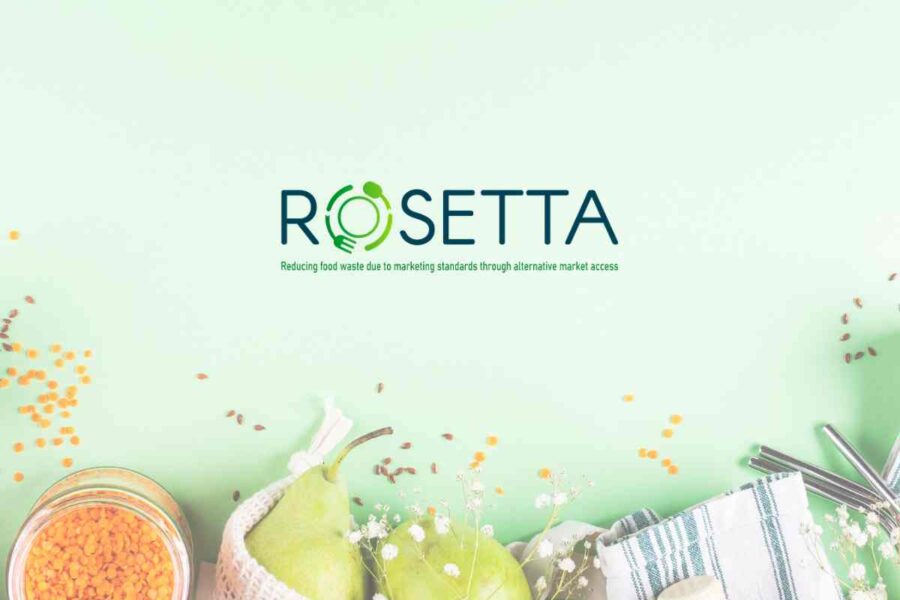Impact of Sustainability Labels on Consumer Behavior and Sales
Introduction
With increasing consumer demand for sustainable products, sellers are incorporating sustainability certifications on their product labels. These certifications align with the principles of the Sustainable Development Goals (SDGs), particularly SDG 12: Responsible Consumption and Production, by promoting environmentally friendly purchasing decisions.
Examples of Sustainability Labels
- Amazon’s “Climate Pledge Friendly”
- Target’s “Target Zero”
- Wayfair’s “Shop Sustainably”
These labels provide customers with increased transparency regarding the environmental impact of their purchases, supporting SDG 13: Climate Action.
Consumer Visibility and Sales Impact
- Enhanced Consumer Awareness: Sustainability labels improve visibility into product environmental credentials, encouraging responsible consumption patterns.
- Sales Influence: The critical question remains whether this increased visibility effectively translates into higher sales of sustainable products.
Conclusion
As the market evolves, the integration of sustainability certifications on product labels plays a vital role in advancing the SDGs by fostering responsible consumption and supporting climate action. Further analysis is required to determine the direct impact of these labels on consumer purchasing behavior and sales performance.
1. Sustainable Development Goals (SDGs) Addressed
- SDG 12: Responsible Consumption and Production
- The article discusses consumer demand for sustainable products and the use of sustainability certification labels, which aligns with promoting responsible consumption and production patterns.
- SDG 13: Climate Action
- The mention of labels like Amazon’s “Climate Pledge Friendly” indicates efforts to reduce environmental impact, contributing to climate action goals.
2. Specific Targets Under Those SDGs
- SDG 12 Targets
- Target 12.6: Encourage companies, especially large and transnational companies, to adopt sustainable practices and to integrate sustainability information into their reporting cycle.
- Target 12.8: Ensure that people everywhere have the relevant information and awareness for sustainable development and lifestyles in harmony with nature.
- SDG 13 Targets
- Target 13.3: Improve education, awareness-raising and human and institutional capacity on climate change mitigation, adaptation, impact reduction, and early warning.
3. Indicators Mentioned or Implied in the Article
- Indicators for SDG 12
- Indicator 12.6.1: Number of companies publishing sustainability reports.
- Indicator 12.8.1: Extent to which global citizenship education and education for sustainable development are mainstreamed in national education policies.
- The article implies the use of sustainability certification labels as a measure of companies’ efforts to provide information on sustainable products.
- Indicators for SDG 13
- Indicator 13.3.1: Number of countries that have integrated mitigation, adaptation, impact reduction, and early warning into primary, secondary and tertiary curricula.
- The presence of climate-related product labels suggests increased awareness and capacity-building related to climate action.
- Additional Implied Indicator
- Sales data linked to sustainable product labels could serve as an indicator of consumer behavior change and market impact, though this is posed as a question in the article.
4. Table: SDGs, Targets and Indicators
| SDGs | Targets | Indicators |
|---|---|---|
| SDG 12: Responsible Consumption and Production |
|
|
| SDG 13: Climate Action |
|
|
Source: hbr.org







